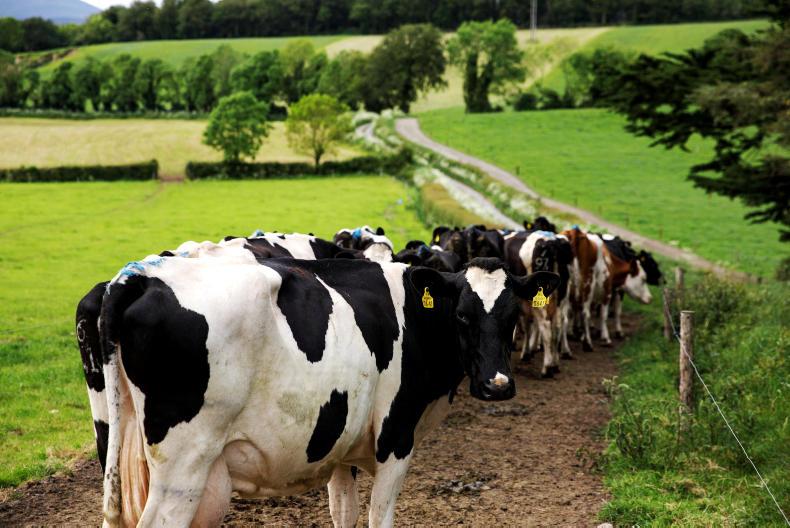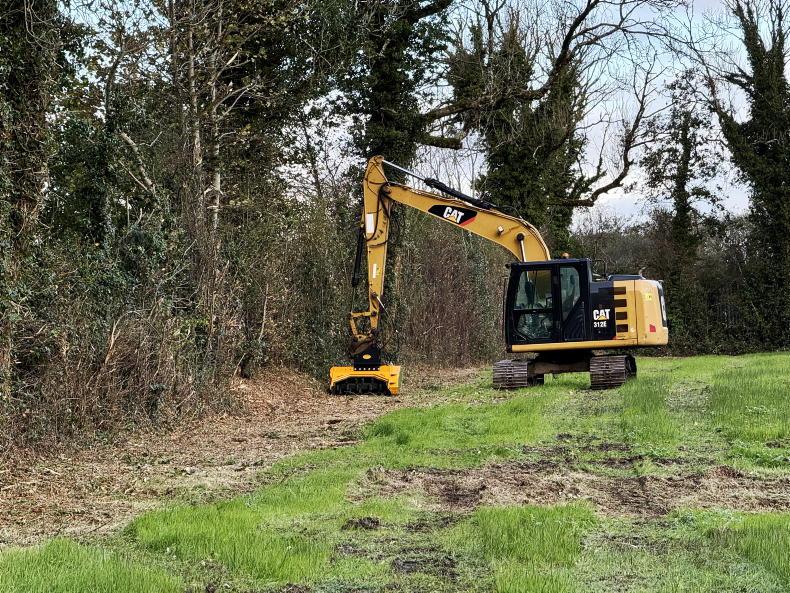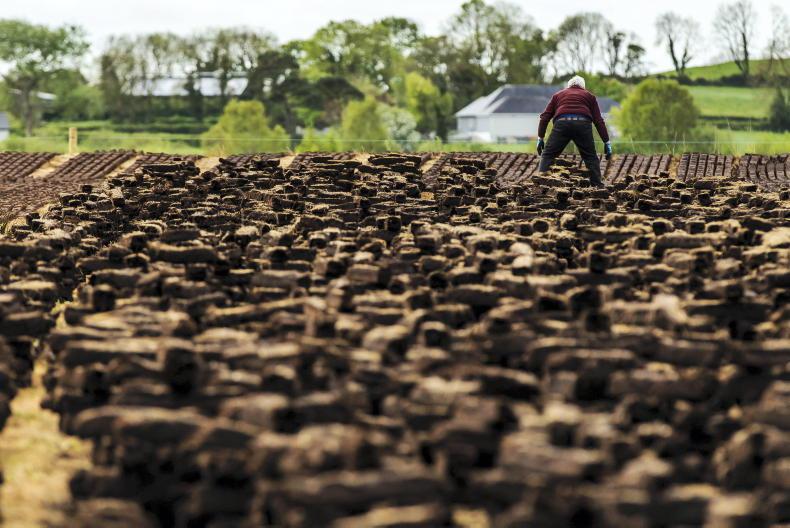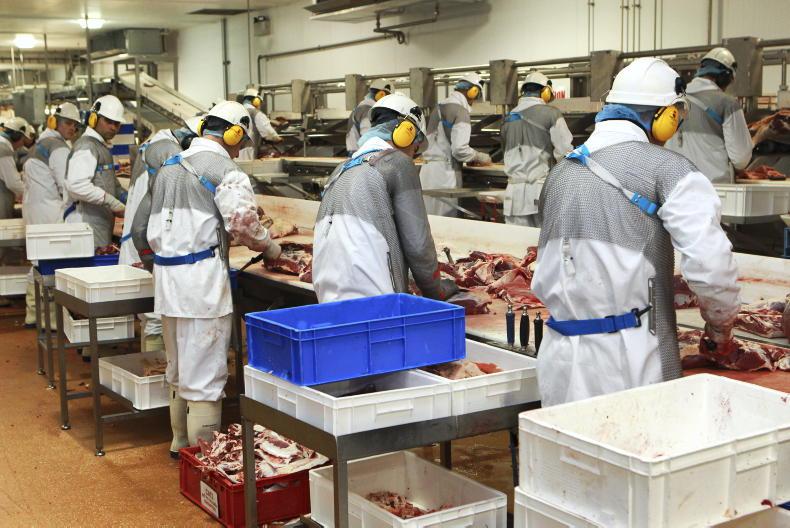The effect of greenhouse gas emissions from the NI cattle herd is being overstated by a factor of almost 500, the Irish Farmers Journal can reveal.
The current system used for comparing the global warming potential (GWP) of greenhouse gases, known as GWP100, does not take into account the lifespan of different gases.
Methane, which is emitted by ruminant livestock, breaks down in the atmosphere after a decade, whereas carbon dioxide, which comes from burning fossil fuels, stays for centuries.
Scientists at the University of Oxford have developed a new system, known as GWP*, which considers the different global warming effect of methane.
A comparison of the two systems has found that the NI cattle herd’s effect on global temperatures is 469 times lower under the GWP* formula.
The huge difference is due to total cattle numbers in NI reducing by 6.2% over the past 20 years, from 1.72m head in 1999 to 1.61m head last year. In Scotland, where the cattle herd has fallen 18% over the same period, the figures would be even more stark.
The Oxford system considers changes in emissions over time and recognises that stable or declining methane emissions have little or no effect on global temperatures.
The latest figures from DAERA suggest that agriculture accounts for 27% of greenhouse gas emissions in NI, with methane causing 65% of this. If GWP* was used, emissions from NI farming would more than halve.
The calculations by the Irish Farmers Journal, which have been verified by researchers at the University of Oxford, show that the NI cattle herd had almost no effect on global temperatures over the past 20 years.
The short lifespan of methane means it does not accumulate in the atmosphere and emissions from sources, such as cattle, do not have to reduce to zero for there to be no contribution to global warming.
Read more
Small cuts to methane can have big climate impact
UK farming causes global cooling, claims scientist
The effect of greenhouse gas emissions from the NI cattle herd is being overstated by a factor of almost 500, the Irish Farmers Journal can reveal.
The current system used for comparing the global warming potential (GWP) of greenhouse gases, known as GWP100, does not take into account the lifespan of different gases.
Methane, which is emitted by ruminant livestock, breaks down in the atmosphere after a decade, whereas carbon dioxide, which comes from burning fossil fuels, stays for centuries.
Scientists at the University of Oxford have developed a new system, known as GWP*, which considers the different global warming effect of methane.
A comparison of the two systems has found that the NI cattle herd’s effect on global temperatures is 469 times lower under the GWP* formula.
The huge difference is due to total cattle numbers in NI reducing by 6.2% over the past 20 years, from 1.72m head in 1999 to 1.61m head last year. In Scotland, where the cattle herd has fallen 18% over the same period, the figures would be even more stark.
The Oxford system considers changes in emissions over time and recognises that stable or declining methane emissions have little or no effect on global temperatures.
The latest figures from DAERA suggest that agriculture accounts for 27% of greenhouse gas emissions in NI, with methane causing 65% of this. If GWP* was used, emissions from NI farming would more than halve.
The calculations by the Irish Farmers Journal, which have been verified by researchers at the University of Oxford, show that the NI cattle herd had almost no effect on global temperatures over the past 20 years.
The short lifespan of methane means it does not accumulate in the atmosphere and emissions from sources, such as cattle, do not have to reduce to zero for there to be no contribution to global warming.
Read more
Small cuts to methane can have big climate impact
UK farming causes global cooling, claims scientist









SHARING OPTIONS